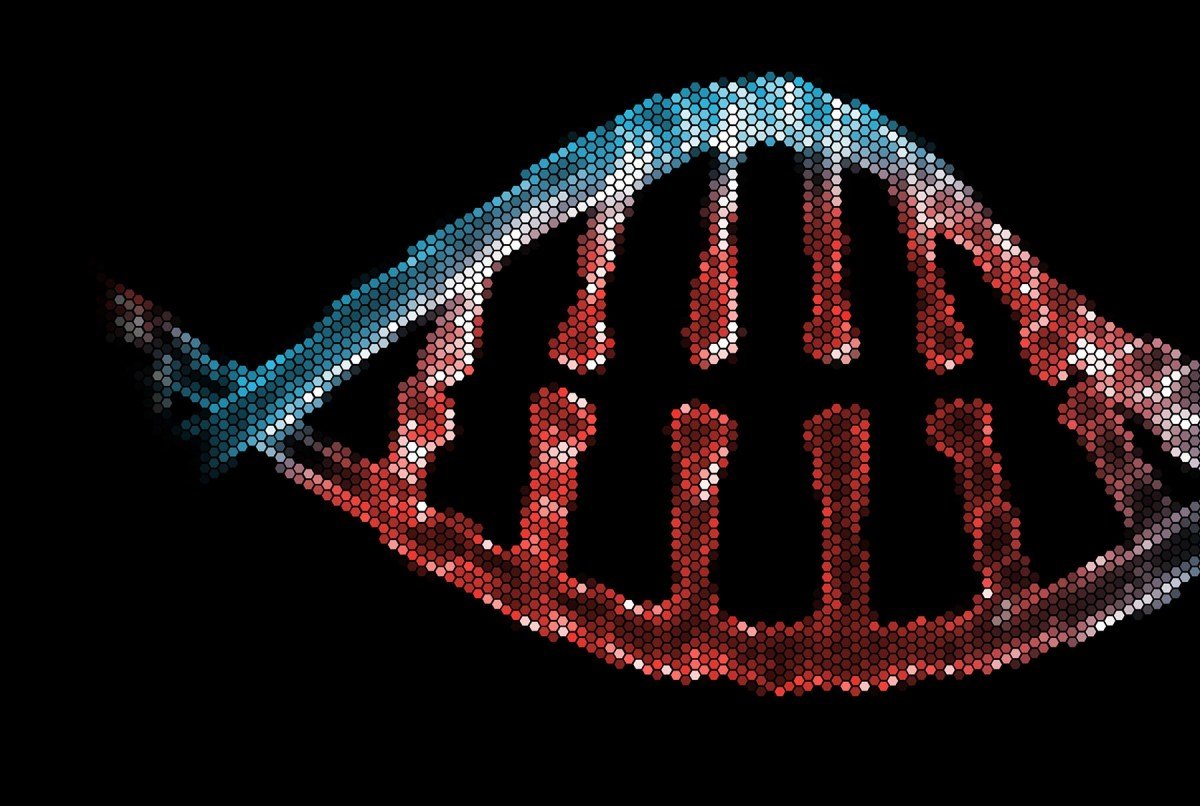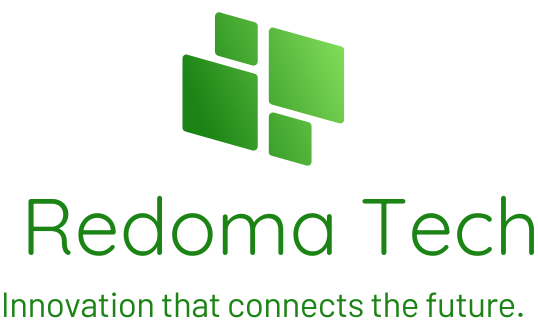
Are you curious about the FutureHouse initiative supported by Eric Schmidt aiming to develop an “AI scientist” within the next decade? Have you heard about their latest tool Finch specifically designed to facilitate “data-driven discovery” in the field of biology? How does Finch work processing biology data from research papers using a prompt to generate figures and analyze results?
Many believe that AI tools such as Finch will eventually automate scientific processes but what evidence currently supports this claim? Despite its efforts FutureHouse hasn’t achieved any major scientific breakthroughs using AI tools yet. How do you believe this issue can be mitigated, especially considering that FutureHouse is seeking experts to improve Finch’s accuracy and reliability during its closed beta phase? Are you interested in becoming part of this initiative? If so, you can sign up here. né?. Have you considered the potential impact of AI in biology, particularly in drug discovery, given that the AI market in biology was valued at $65.88 billion in 2024 and is projected to reach $160.31 billion by 2034?
Some companies using AI for drug discovery, like Exscientia and BenevolentAI, have faced challenges in clinical trials. How reliable do you think the leading AI systems are in drug discovery, given the varying levels of accuracy reported? However, even Finch, as described by FutureHouse CEO Sam Rodriques, exhibits errors at times


